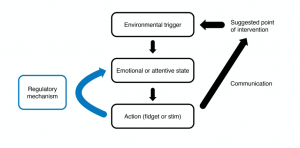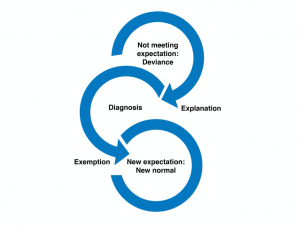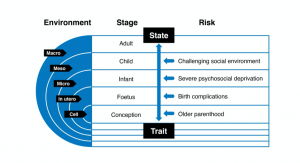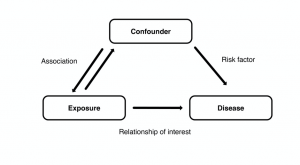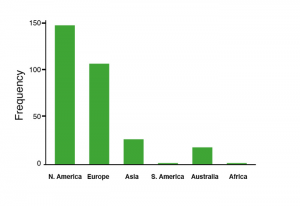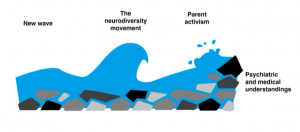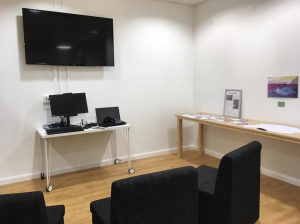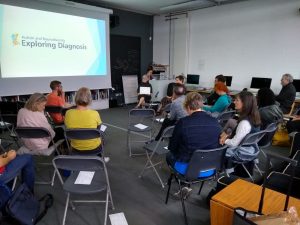As we are in a third lockdown, I have been reflecting on the impact of Covid-19 on the neurodiverse community and looking into pieces of research that have investigated this over the past year.
Below is a quick snapshot of the key issues from some of the research I have found. If you have any more pieces of research to share please email me:.
Autism
NAS survey– over 4000 respondents – found that:
- 9 in 10 autistic people worried about their mental health during lockdown; 85% said their anxiety levels got worse
- Autistic people were 7 times more likely to be chronically lonely than the general population*; and 6 times more likely to have low life satisfaction** (comparisons using ONS data)
- 1 in 5 family members responding to the survey had to reduce work due to caring responsibilities
- 7 in 10 parents say their child has had difficulty understanding or completing schoolwork and around half said their child’s academic progress was suffering.
Colizzi et al survey– over 500 participants from Italy – found that:
- The COVID-19 emergency resulted in a challenging period for 93.9% of families, increased difficulties in managing daily activities, especially free time (78.1%) and structured activities (75.7%), and, respectively, 35.5% and 41.5% of children presenting with more intense and more frequent behaviour problems.
- Behaviour problems predating the COVID-19 outbreak predicted a higher risk of more intense (odds ratio (OR) = 2.16, 95% confidence interval (CI) 1.42–3.29) and more frequent (OR = 1.67, 95% CI 1.13–2.48) disruptive behaviour.
- Even though ASD children were receiving different types of support, also requiring specialist (19.1%) or emergency (1.5%) interventions in a relatively low proportion of cases, a number of needs emerged, including receiving more healthcare support (47.4%), especially in-home support (29.9%), as well as interventions to tackle a potentially disruptive quarantine (16.8%).
- The COVID-19 outbreak has undoubtedly resulted in increased difficulties among ASD individuals.
ADHD
ADHD institute (Ireland) ADMiRE is a tertiary-level specialist ADHD service in South Dublin, Ireland. ADMiRE provides early access to evidence-based assessment, diagnosis and intervention for >200 children who are referred with primary presenting difficulties suggestive of ADHD. They found that:
- In almost all cases, parents/caregivers reported an improvement in the behaviour and mood of the young person since schools had closed. This included a number of adolescents with ADHD and conduct disorder who were reported to have improved behaviourally and were respecting restrictions; this was attributed to their concern over vulnerable family members.
- In contrast, young people with ADHD and comorbid autism spectrum disorder were reported to be struggling with the lack of structure and routine, as reflected in an increase in irritability, oppositionality and challenging behaviours.
- In the majority of families, sleep patterns deteriorated, with sleep-onset times pushed forward by approximately 3 hours.
- This study suggests that ADHD may be as a risk factor for infection with covid-19. They concluded that untreated ADHD seems to constitute a risk factor for Covid-19 infection while drug-treatment ameliorates this effect.
Dyslexia
I could not find any research on the impact of Covid-19 on people with dyslexia. Although this does not necessarily mean there has not been any, I would have predicted that, because of school closures, the impact on children with dyslexia in particular would have been a prominent issue as some children with dyslexia can require specialist help to facilitate learning.


